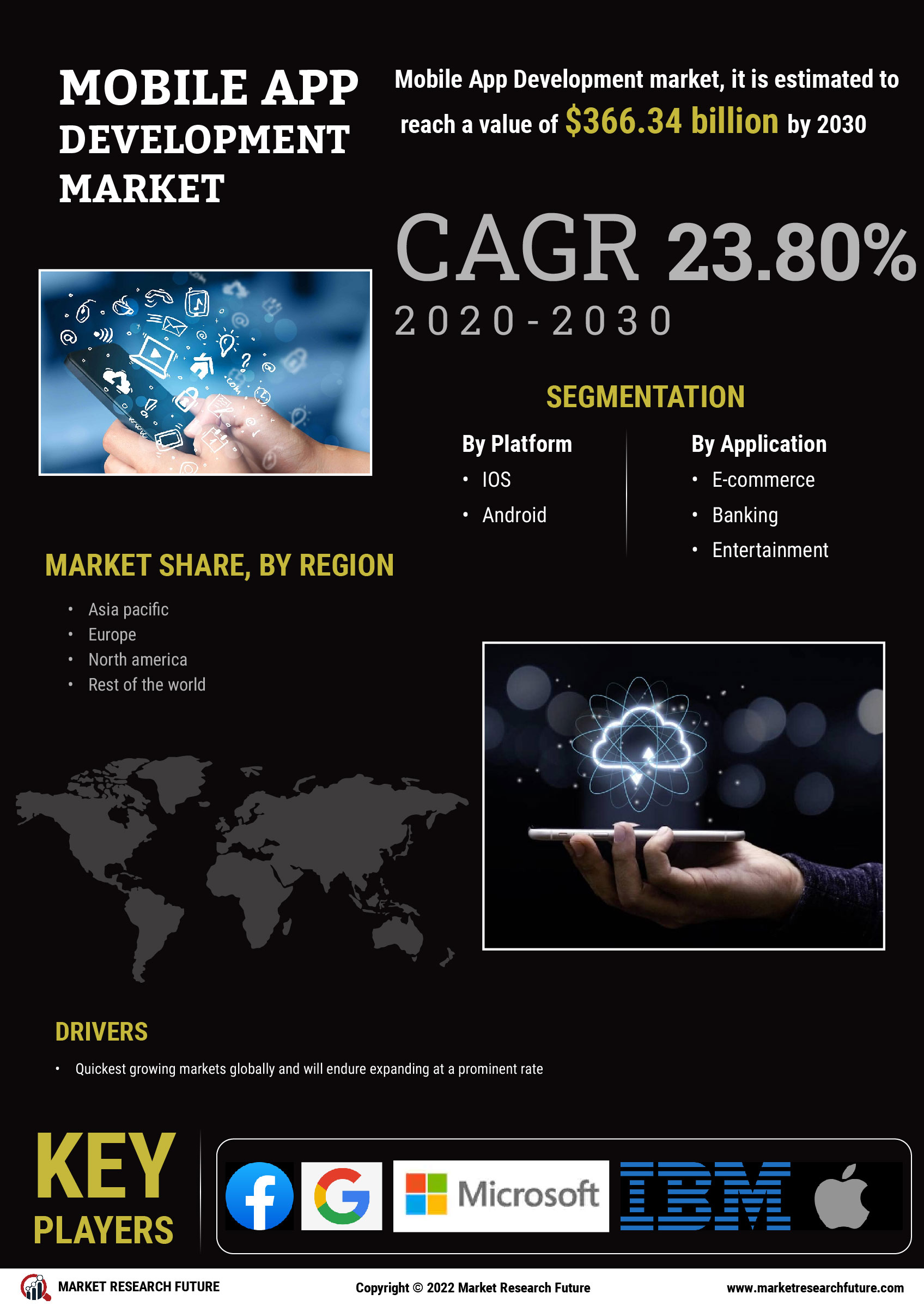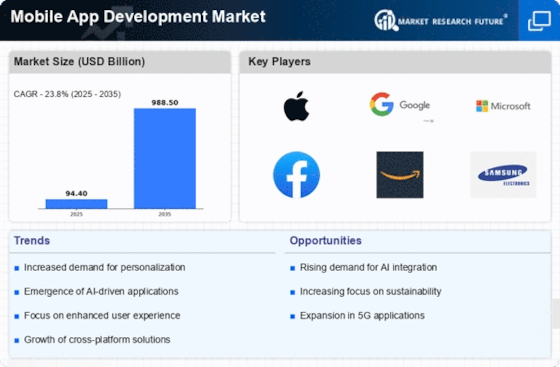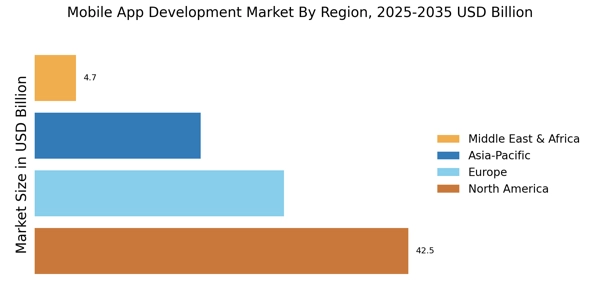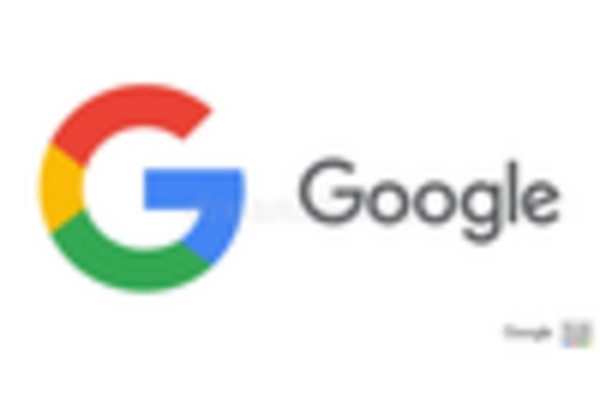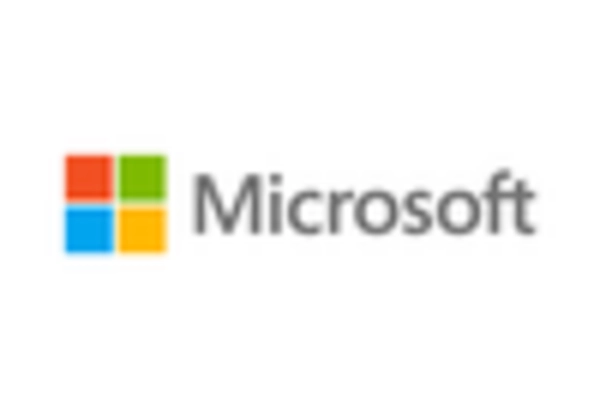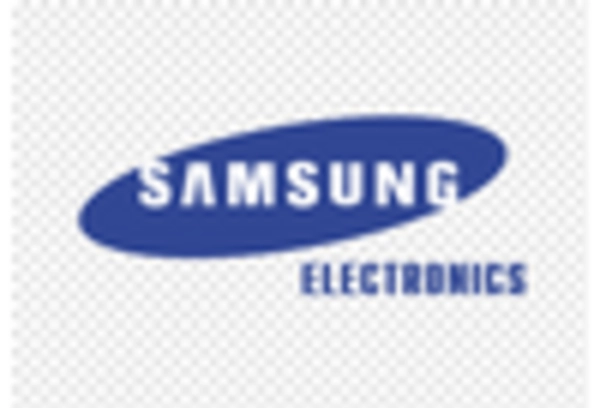Research Methodology on Mobile App Development Market
Introduction
The mobile app development market, which is large and very diverse, is growing at an impressive rate as mobile technology advances. This report aims to review the mobile app development market by studying its growth drivers, technologies, trends, and challenges. In particular, the report focuses on the key trends and recent developments in the mobile app development market. In addition, the report covers the various market segments, such as platform, geography, device, and end-user.
Research Methodology
The methodology employed for this report is based on the review of available literature, such as journal articles, technical reports, and industry databases. This research methodology is quantitative and consists of desk research, primary interviews, and secondary data analysis. The research process is structured as follows:
Desk Research
Desk research involves the collection of qualitative and quantitative data through online sources and databases, such as Google Scholar and the International Data Corporation (IDC). This is done to gain an overview of the industry and the market, analyze trends and recent developments, understand the competitive landscape and the market structure, and identify industry best practices and growth opportunities.
Primary Interviews
Primary interviews are conducted with industry experts and key opinion leaders to gain an in-depth understanding of the market. These interviews also provide insights into the current market trends and industry motivations, as well as the expected future developments in the sector.
Secondary Data Analysis
Secondary data analysis consists of both quantitative and qualitative analysis of secondary sources such as academic articles, technical reports, industry databases, and published research reports. The data is analyzed to identify key market trends, segmentation data, and business opportunities.
Analysis
Data analysis involves the application of statistical techniques such as regression and correlation analysis, as well as the clustering of data points to identify correlations, trends, and growth opportunities. It is also used to understand the impact of industry best practices and growth strategies. The analysis is thoughtfully structured to identify the key industry stakeholders and their roles in the industry, as well as the potential opportunities and challenges in the market.
The analysis also incorporates Porter’s Five Forces Model to identify the market forces and threats, and their impacts on the market. Additionally, a SWOT analysis is conducted to identify the market strengths, weaknesses, opportunities, and threats.
Data Validation
The research team has formulated a data validation process in which collected data is cross-checked with various sources to ensure accuracy, reliability, and precision. The data collected from both primary and secondary sources are subjected to rigorous data validation to ensure integrity. Moreover, the research team uses multiple reference sources to ensure that all information is consistent and credible.
Conclusion
This research report on the mobile app development market is based on a comprehensive research process that entails desk research, primary interviews, secondary data analysis, data validation, and the application of statistical techniques. Through this research approach, the research team is able to identify potential growth opportunities and trends in the market, as well as potential challenges and threats. An in-depth analysis of the market and its drivers, technologies, trends, and challenges is presented in the forthcoming report.
